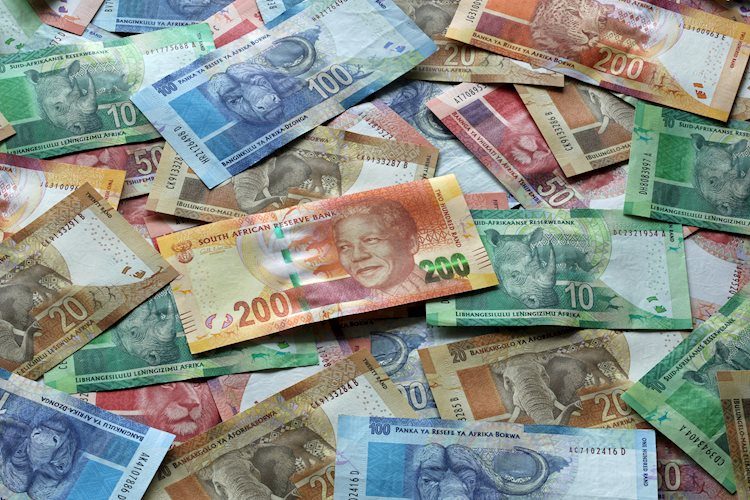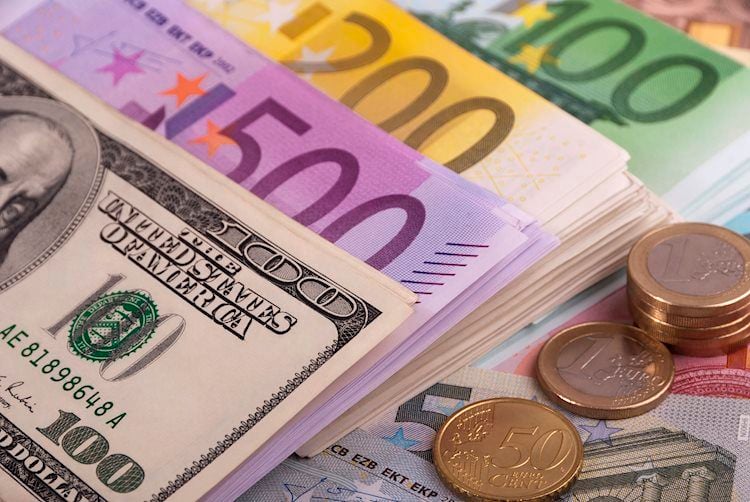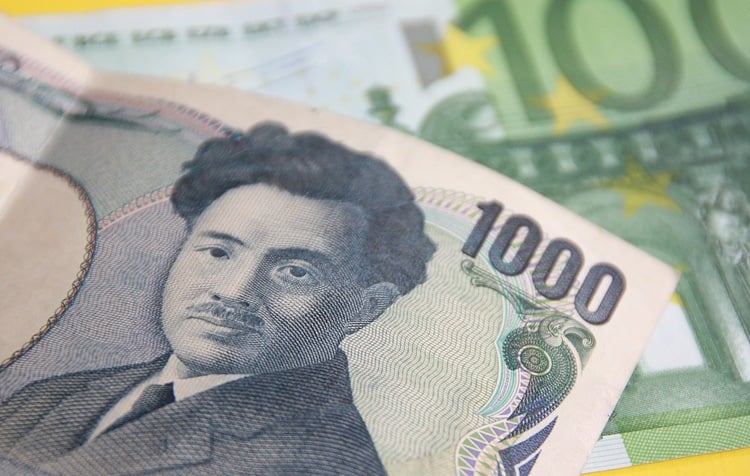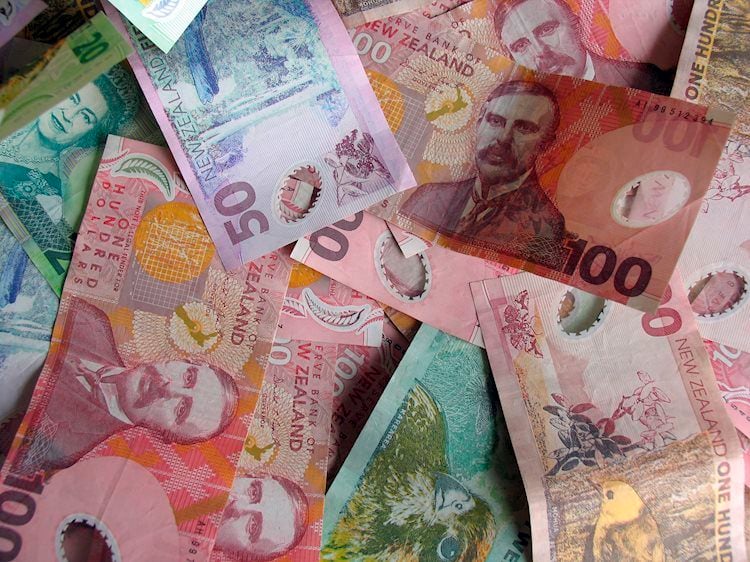The South African rand proved to be near the top of the performance leader board in the first two months of Q2. However, the latter portion of the quarter proved painful for those that have been progressively adding to ZAR longs, with real money ZAR longs nearing six-month highs into late June. Looking ahead, economists at CIBC expect the USD/ZAR to edge lower as nominal yield spreads remain attractive.
“The June ZAR retreat comes as foreign investors proved to unwind domestic asset holdings with increasing momentum. The prospect of a more hawkish Fed prompted a substantive reversal in nominal 10-year domestic spreads versus US Treasuries.”
“The COVID-19 third wave has undermined international investor sentiment, leading to an unwind in both bond and equity holdings. The uptick has also dragged down domestic business confidence. The surge in cases has prompted a return to Stage 4 lockdown conditions, and while the move will not materially harm productive capacity, it will drag on consumer demand.”
“The low level of vaccinations, estimates suggest that only around 3% of the population have been jabbed, has allowed exponential growth in covid cases. However, the wave started later in the quarter than feared, allowing greater macro momentum than expected to be taken into H2.”
“Improving terms of trade, via higher commodity prices, should maintain a residual bid ZAR. Expect the nominal yield advantage to remain attractive should FX volatility prove contained. Such an outlook will likely require global central bank policy reduction to be measured and well explained to the market. Under such circumstances, the ZAR can continue to perform strongly.”





